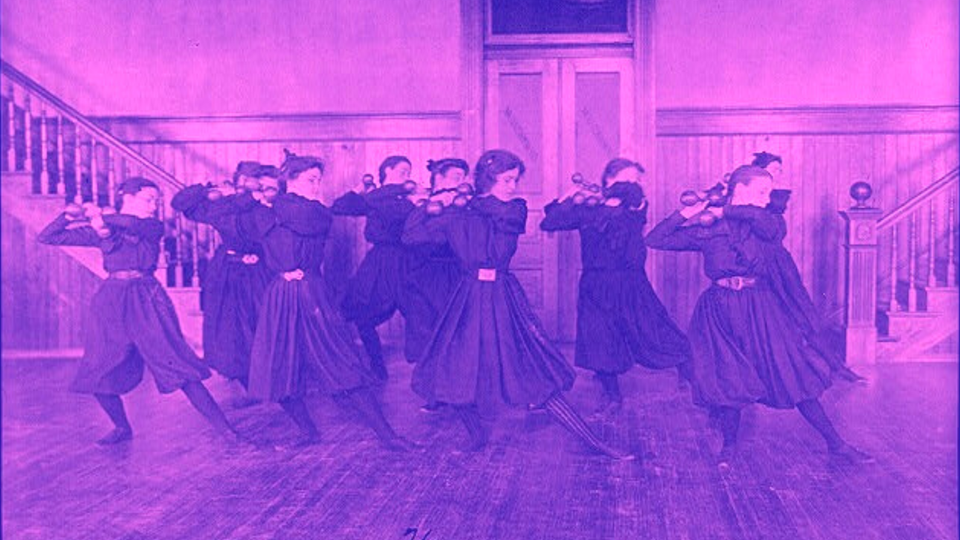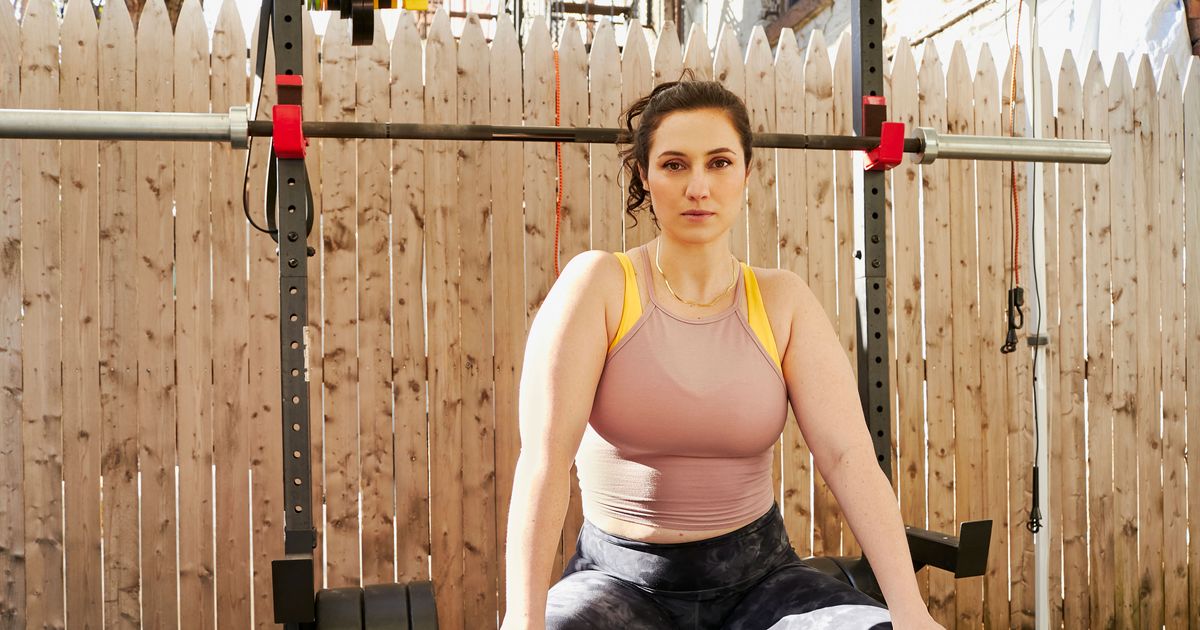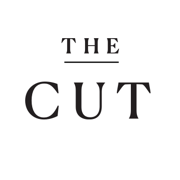If I lift, can I keep all my body fat?

ASK A SWOLE WOMAN
This is the paid Sunday Ask A Swole Woman edition of She’s a Beast, a newsletter about being strong mentally/emotionally/physically.
tw: there are some food/weight numbers and light disordered talk in here, so tread carefully
The Question
Hello! I'm in the middle of the liftoff and at the end of it I know that I just want to maintain. I wanted to start lifting to make my life a little easier when it comes to lifting and moving things (which it has been doing).
Here's the tricky bit for me, I don't want to really lose much fat. I like being stronger but I also like being soft and fat. I've tried looking for answers but everything paints not losing fat as the worst thing that can happen.
So the question is: can I lift and still keep my fat? Thank you! - Kaye
The Answer
I’m so glad you asked this! The short answer here is that it is completely possible to lift and still keep your body fat. It is possible to lift weights and have nothing change about your body at all, regardless of what your body looks like. What? Yes. In fact, that is often an issue for people who do want their body to change. But, I’m getting ahead of myself.
It is true that most content about exercise in general is focused on losing body fat, almost pathologically so. When I learned about lifting, I was extremely compelled by the fact that I didn’t have to gain weight in order to do it, because I was mortally afraid of becoming fatter, or bigger, or “bulkier,” the term that fitness professionals often used related to lifting, because they were trying to scare me into taking their Pilates or yoga or barre classes or whatever.
But I was also compelled by the fact that the point of lifting was not to lose weight, either. Every other bodily effort I’d ever encountered before revolved around losing weight. But strength training sources said I could work out, and gain muscle, and lose fat, and eat a lot, and stay in the same place weight-wise (this is called “recomposition”).
Up to that point, the calculus in my brain was that if I was doing something that involved my body—dieting, exercising—it must be to lose weight. If it wasn’t, what was the damn point? I’m not doing this for my health.

I revolved everything I did around calories that went in and out, which meant I saw any time spent doing an activity that wasn’t maximally calorie-burning as a waste, when I might be doing something even more calorie-burning. The calorie-burning calculators said that lifting weights burned only 200-250 calories per hour. Running, meanwhile, burned 600. (HIIT burned even more, like 800 calories an hour, allegedly, but the trick was no human alive could stand to do HIIT for more than like 15 minutes at a time). I’d have to be a fool, I thought, to spend a half hour lifting weights only to burn 125 measly calories, earning me scarcely two KitKat bars, when I could run for half an hour and get six KitKat bars. That’s just solid math.
But unfortunately for me, a laser focus on calories-in-and-out math was too blunt of an instrument. I was driven (even more) certifiably mentally unwell by the drain-circling of weight-cycling and muscle loss and shrunken metabolism. The obsession over weight loss hurt me biologically, severely enough that it dulled my senses and made me even more obsessed (this is a scientifically documented result of caloric deprivation). And I though I was certifiably mentally unwell, I wasn’t even certifiably “underweight,” BMI-wise. There were no red flags for anyone to really see; it was all happening inside.
This all meant that I was relieved to find an ecosystem of working out and eating that recast everything around making sure I ate enough to support myself, without needing to release my need for control of corporeal form to annihilation by the ever-expanding universe, which was the kind of thing the intuitive-eating-type approaches seemed to demand.
Was that healthy? No. But now I think it was kind of a necessary step to the bad place I was in.

